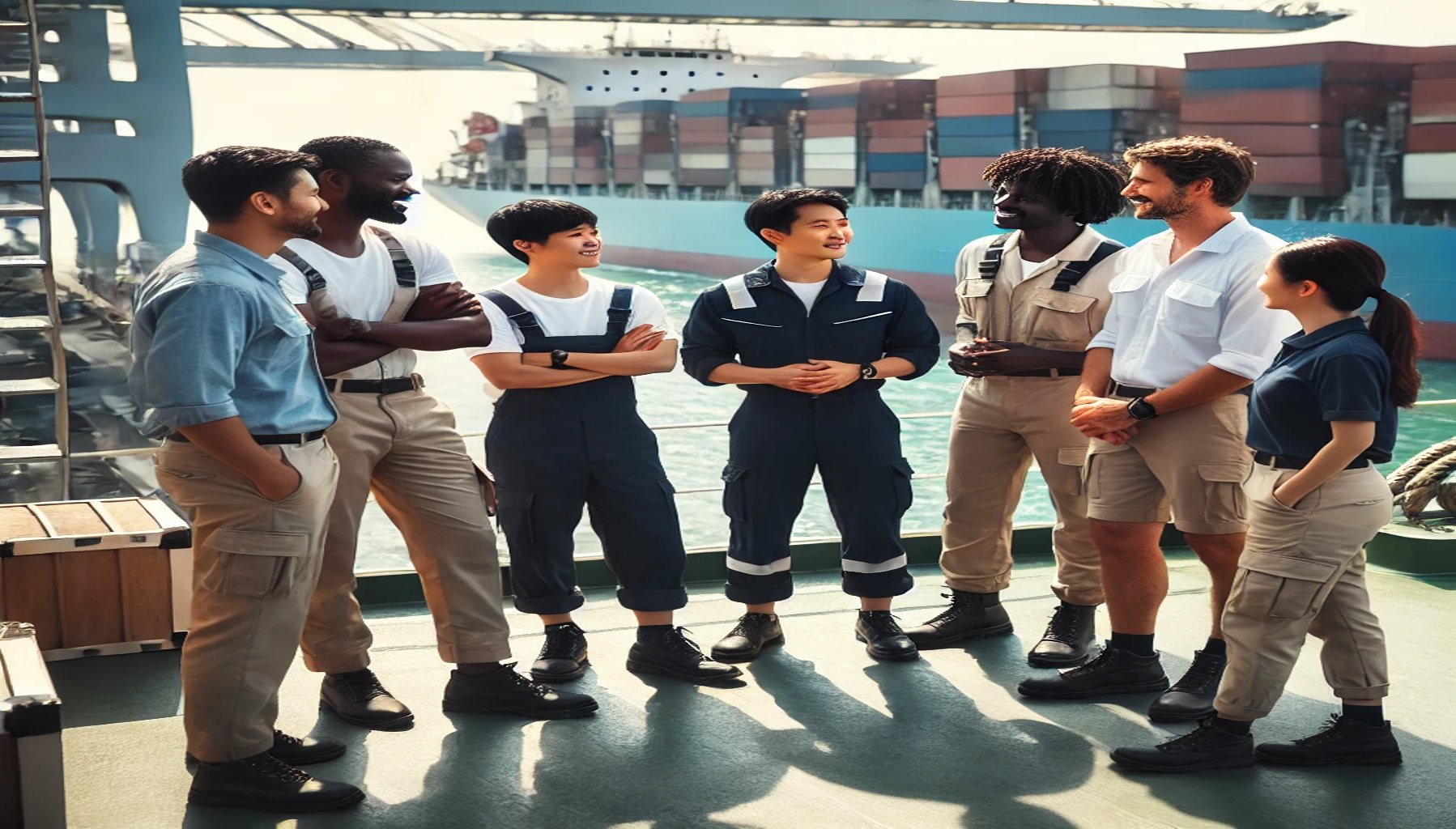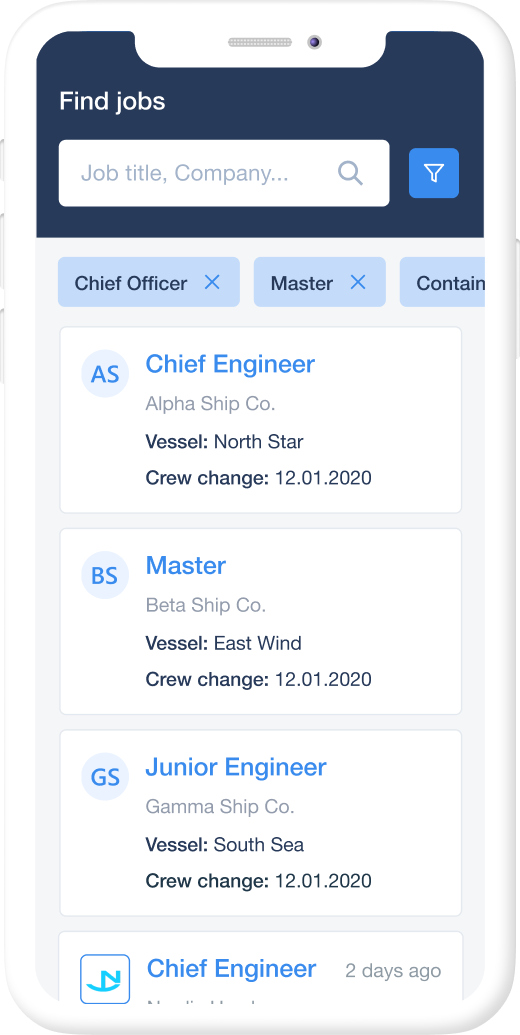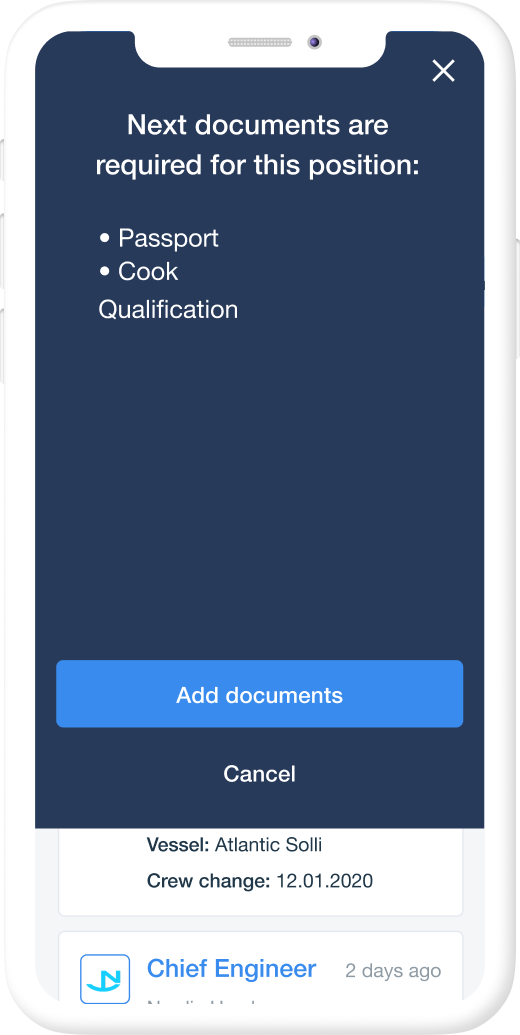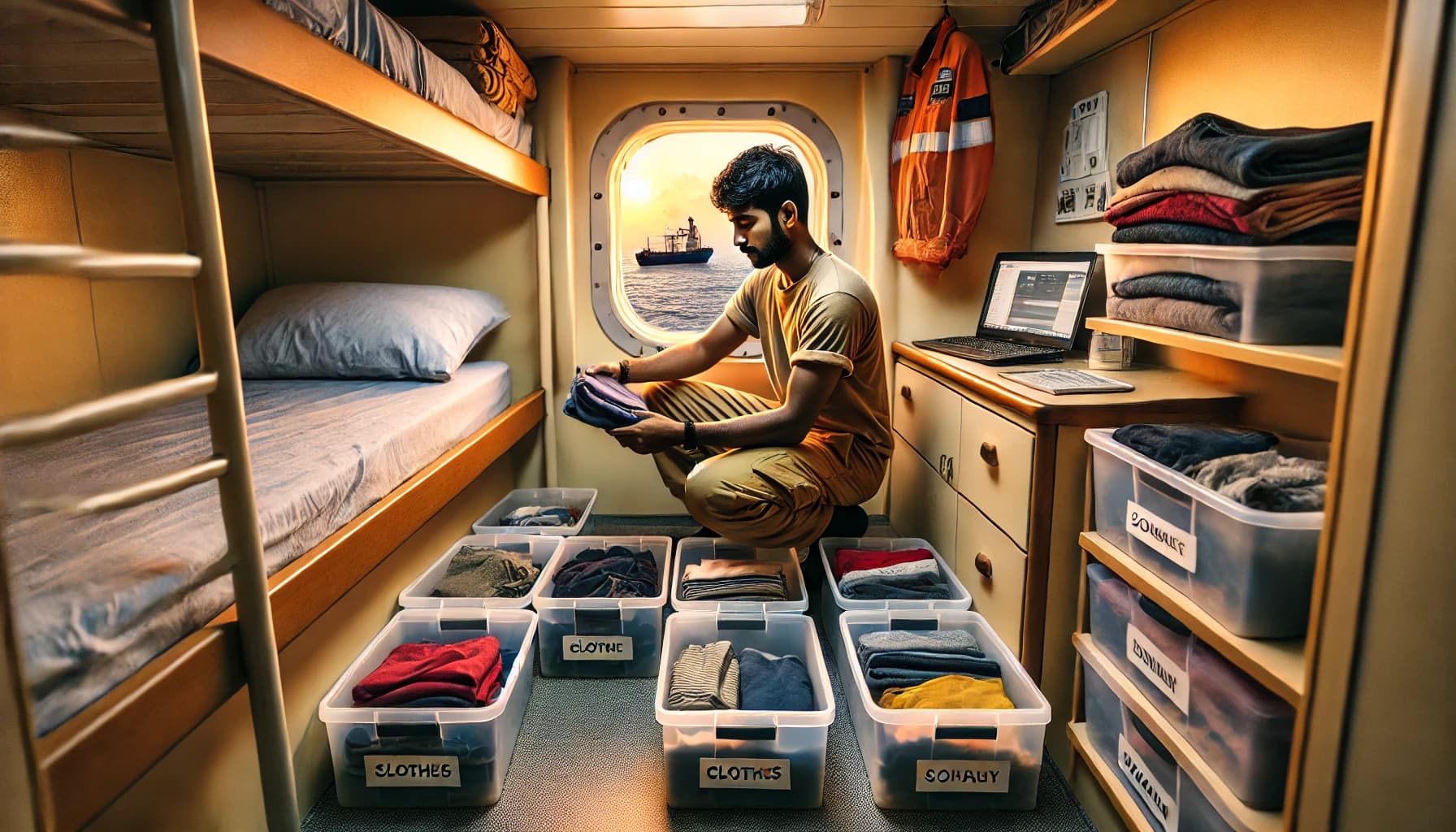Working in a maritime job aboard a commercial cargo ship is unique in so many ways, not least because of the diverse cultural melting pot that exists within many crews. It’s not uncommon for a vessel to host crew members from a number of different countries - especially if you work on an international cruise ship.
This multicultural environment brings a wealth of perspectives and experiences, making cultural exchange an intrinsic part of life at sea. However, working with an international crew also comes with its challenges.
We’ve talked before about how important it is to get along with your fellow crew but in this blog, we will explore the benefits of cultural exchange when working on a cargo ship, the difficulties it can pose, and ways that you can build camaraderie with crew members from diverse backgrounds, whether you’re a Deck Cadet or a Head of Department.
The benefits of cultural exchange when working in a maritime job
Working together with your fellow seafarers not only helps to ensure the safety of the vessel, crew, and cargo but can have some real benefits for you too. For example:
1. You’ll broaden your horizons
One of the greatest benefits of working with an international crew in a job at sea is the opportunity to learn about different cultures. Your fellow crew members bring with them unique traditions, languages, and ways of life that can enrich everyone on board.
Conversations about food, holidays, and family life in different parts of the world can open minds and broaden perspectives, fostering greater understanding and tolerance.

2. You’ll enhance your communication skills
Navigating language barriers and different communication styles can improve your interpersonal skills. Those working in seafarer jobs often develop the ability to communicate effectively using basic (and not-so-basic) English, hand gestures, or even drawings.
These skills not only help you while you're working at sea but are also invaluable in any career, whether that’s a maritime job ashore or a completely different area of work.
3. You’ll learn new skills and practices
Have you ever noticed how some crew members from different cultures bring unique approaches to problem-solving or work-related tasks? Sharing techniques and best practices can improve overall efficiency and safety on board.
For instance, a Chief Cook from one country might introduce new recipes that everyone enjoys, or a Deck Officer from somewhere else might have some valid suggestions for an innovative way to organize cargo operations.
4. You’ll build lifelong friendships
There’s nothing like spending months working on a cargo ship with your fellow crewmates to lead to strong bonds amongst you. These friendships transcend borders, creating a global network of connections that you’ll carry with you throughout your maritime career and beyond.
And while it’s unrealistic to think that you’ll become best friends with everyone onboard every vessel you ever work on, chances are you’ll make some great buddies who you’ll be happy to see onboard the next time you embark.
Read more:Jobs at Sea & How to Deal with a Negative Crewmate

Challenges of working with an international crew
While the benefits are many, cultural exchange at sea is not without its challenges. Recognizing these difficulties is the first step in overcoming them.
1. Language barriers
English, along with maritime English or SMCP, is the standard language used in the maritime industry, but not everyone may speak it fluently. Misunderstandings can arise, especially in high-pressure situations where clear communication is critical. These language barriers can lead to frustration or even compromise safety.
2. Different work ethics and practices
Cultural norms around work can vary significantly. Some cultures may prioritize strict adherence to schedules, while others may place greater emphasis on flexibility and improvisation. These differences can sometimes lead to misunderstandings or resentment among crew members.
3. Clashes in social norms
What is considered polite or acceptable behavior in one culture may be viewed differently in another. For instance, some crew members may prefer direct communication, while others might view this as overly blunt. Understanding and respecting these differences is crucial to maintaining harmony on board.
4. Religious and dietary preferences
Religion and dietary habits can sometimes create challenges, especially in communal living environments. For example, for the Chief Cook, meal planning can become complex when accommodating vegetarians, halal or kosher diets, or fasting periods during religious observances.
5. Loneliness and homesickness
Cultural differences can sometimes exacerbate feelings of isolation. For example, if you’re in a minority working on your vessel, you might miss familiar customs or struggle to connect with others who don’t share your language or background.
Read more: 5 Ways to Beat Homesickness While You're Working at Sea
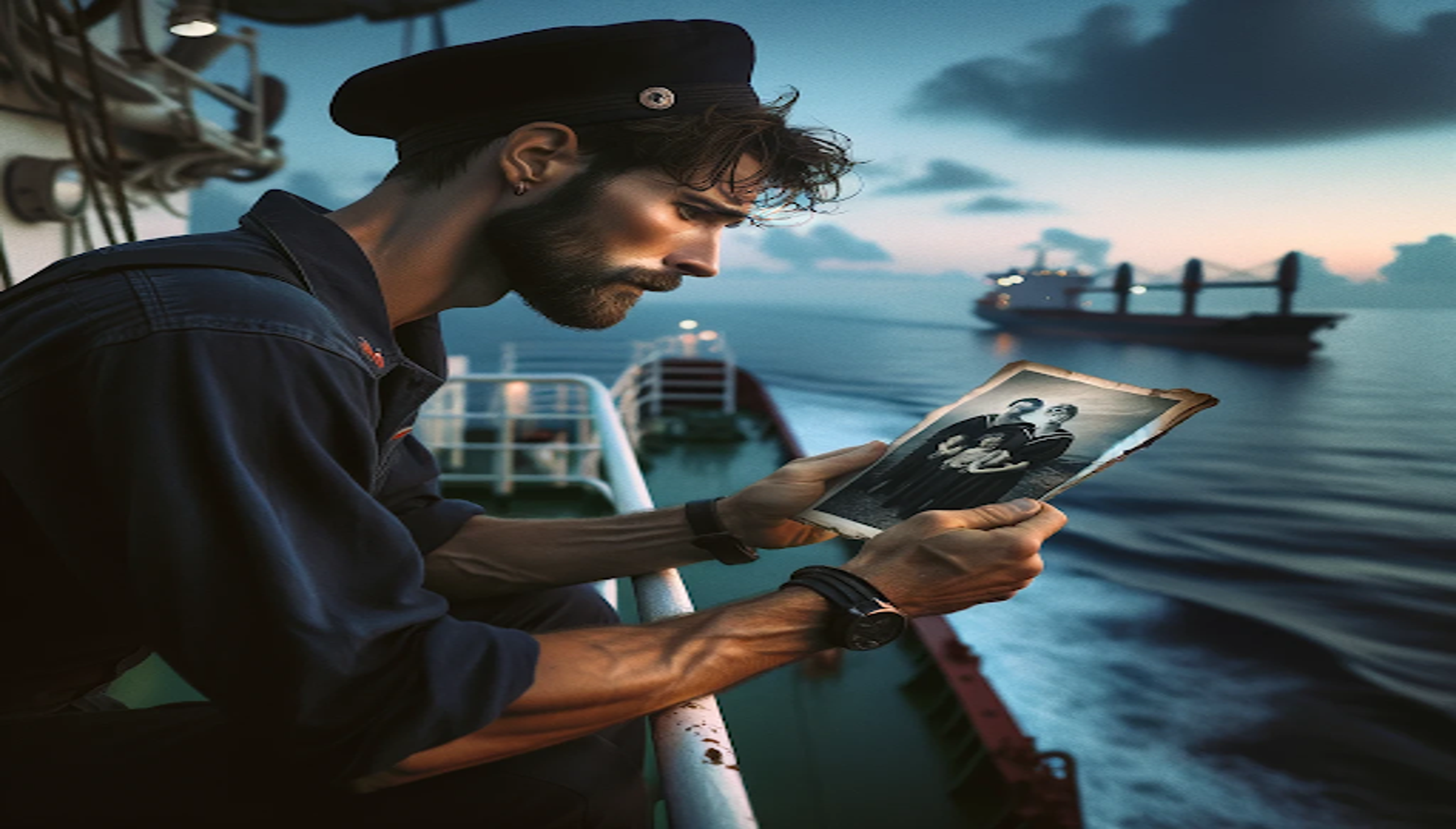
Building camaraderie among an international crew
Fostering a strong sense of unity and teamwork is essential for a harmonious and efficient working environment. If you’re in a position of leadership - whether you work in a maritime job ashore or you’re working on a ship - here are some strategies to help build camaraderie among a diverse crew:
1. Encourage open communication
Promote a culture of open dialogue where crew members feel comfortable expressing their thoughts and concerns. Regular meetings or informal gatherings can provide opportunities to clear up misunderstandings and strengthen relationships.
2. Celebrate cultural diversity
Organize events that allow crew members to share their culture with others. This could include themed dinners where the Cook prepares dishes from the home country of all onboard, or celebrations of major holidays like Diwali, Christmas, or Chinese New Year. Such events not only promote cultural understanding but also boost morale.
3. Provide language support
Offering basic language classes or encouraging crew members to teach each other simple phrases in their native languages can help bridge communication gaps. Even small efforts to learn a fellow seafarer’s language can foster goodwill.
Read more:How to Communicate Better When Working in Seafarer Jobs
4. Organize team-building activities
Activities such as games, sports, or movie nights can help crew members bond outside of work. Friendly competitions, such as table tennis tournaments or karaoke contests, are particularly effective in bringing people together and creating a real community onboard.
5. Respect individual preferences
Make an effort to accommodate different needs and preferences, such as dietary restrictions or prayer times. Showing respect for these differences demonstrates care and consideration, helping everyone feel valued.
6. Lead by example
Leadership plays a crucial role in fostering harmony among a diverse crew. Officers and senior crew members should model inclusive behavior, demonstrating respect for all cultures and encouraging others to do the same.

7. Develop a shared identity
While celebrating individual cultures is important, creating a shared identity can also help bring the crew together. This could involve creating a slogan for the vessel and crew onboard, or focusing on a common goal or achievement.
8. Provide mental health support
Ensure that crew members have access to mental health resources, whether through onboard counselors, helplines, or peer support networks. Feeling supported can reduce the stress that comes with cultural adjustment, isolation at sea and improve overall well-being.
Read more: 7 Tips for Better Mental Health for Seafarers
Maritime jobs and international crews: final thoughts
Working with an international crew is one of the most enriching aspects of life at sea. While it presents certain challenges, the benefits of cultural exchange far outweigh the difficulties.
By embracing diversity, fostering open communication, and respecting one another’s differences, you and your fellow seafarers can create a harmonious, kind and united community aboard your vessels.
In the process, you gain not only professional growth but also lifelong friendships and a deeper appreciation for the richness of the world’s cultures. At the end of the day, it’s this sense of shared humanity that makes life at sea so uniquely rewarding.
Looking for your next job at sea?
At Martide, our partners are always looking for outstanding seafarers of all nationalities to fill their jobs at sea. Whether you’re seeking an entry level position working on deck or you’re looking for your next Chief Officer job, take a look at our maritime job vacancies and see what we have to offer.

Eve Church
Eve is Martide's content writer, publishing regular posts on everything from our maritime recruitment and crew planning software to life at sea. Eve has been writing professionally for more than two decades, crafting everything from SEO-focused blog posts and website landing pages to magazine articles and corporate whitepapers.
UK
